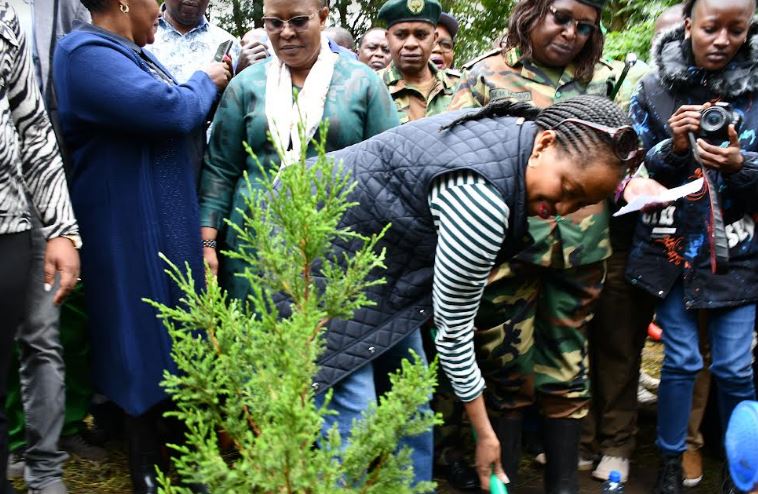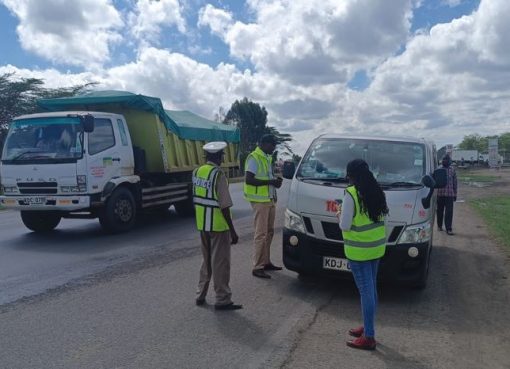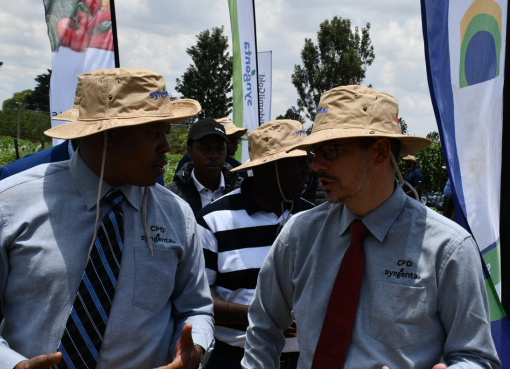Residents of the Mzee wa Nyama area in Nakuru East Constituency have vowed to nurture fruit trees in schools around the area as a way of combating malnutrition.
Led by the Action Transformation Organisation (ATO), which oversaw the planting of 500 fruit tree seedlings at Mburu Gichua Primary School, the residents said urbanisation had denied their children wild berries.
“We picked wild berries and fruits on our way to school, and we had fruit trees in the school compound that we would snack on at break time. Our children are missing this because all we have now are brick walls and barbed wires, while the school compounds are bare and dusty throughout the year,” said Joel Githinji.
The residents, who were composed largely of parents and guardians at the school, planted seedlings of mango, orange, pawpaw, guavas, and other fruit trees in a day-long exercise.
“Through the Green Restoration Campaign, we are determined to reach schools in Nakuru West and East sub-counties with about 5, 000 fruit trees, together with 2, 000 trees that will go a long way in mitigating the effects of climate change,” noted ATO Chair Mohammed Surau.
ATO Chief Executive Officer, Habiba Ragow, noted that “fruit trees need water, manure, and tender care to mature and benefit the community. We therefore partner with schools and guardians to emphasise the need to water the trees regularly as we monitor their growth while regularly replacing those that have been affected by harsh weather conditions,” added Ragow.
The environment around Mzee Wanyama and Mburu Gichua Primary School, which border Nakuru National Park, is generally semi-arid, with rapid settlement exerting pressure on the land as people clear shrubs to settle.
The area, which is a 20-minute drive to Nakuru City, has attracted many settlers, owing to improved road connectivity and water regulation by the County Government of Nakuru.
By Anne Sabuni





